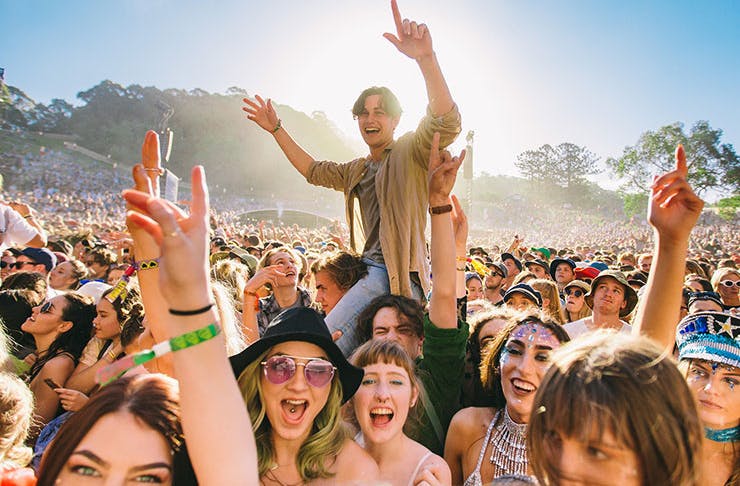From the genesis of streaming to the vinyl boom and rising festival attendances, the wheel is certainly turning.
Their way with technology and active social media use have made it easy for millennials to be a disruptive force in virtually all aspects of life. They take more public transport than any other age group, and take longer to buy houses and cars. They’ve disrupted the financial sector with a ho-hum interest in credit cards, disrupted tourism because they want different experiences to their elders, and disrupted workplaces because they expect management to put people before profit and will move to a new job to find a company that reflects such values.
So it’s no surprise that they’ve also disrupted the music industry. Their early adoption of streaming and smartphones overturned the entire business model. They not only brought the business back in from the cold, but have created the current landscape of singles over albums, one hit wonders and personalised playlists.
Record labels quickly reshaped themselves from product-driven music companies to music-based media companies. It took two millennials, Shawn Fanning and Sean Parker to sense, back in the late ‘90s, that their age group wanted to experience music rather than own/buy it, and share that experience with other people. Fanning and Parker went on to set up Napster, the ultimate game-changer, which went on to get hounded out of existence (initially at least).
That millennials listen to 75% more music than baby boomers is fuelling the vinyl format. Between January and June 2018, nine million vinyl albums were sold in Australia, with a dollar value of $7.3 million. If 67% of millennials reckon respect and diversity in the workforce are the prime reasons they stay at a job, it’s not surprising that they expect acts and the industry to also be socially responsible and politically motivated.
But millennials’ biggest impact is felt in concerts and festivals, mostly because they want to actively participate in the show rather than passively watch. Two years ago, Eventbrite noted that millennial attendance of music festivals has nearly doubled in just three years, from 17% to 29% (these are American statistics but assume they are similar to Australia). 84% of millennials attend festivals to escape the daily grind and indulge in activities they might not at home. As a result, more festival promoters are offering a wider range of experiences (from yoga to maze hunts to forest walks) than ever. 80% of millennials are more likely to attend a show or festival that features artists they believe are affecting positive change.
Millennials go to concerts as part of a social group, so expect changes in Australian venues that US ones are starting to make to cater for younger crowds. These include different seating configurations rather than just rows, and bringing down walls in upper levels to provide open spaces and a 360-degree view. There’ll be more velvet rope VIP sections, because for millennials’ concert experience, it’s not just the performers on the stage who are the stars of the night.

